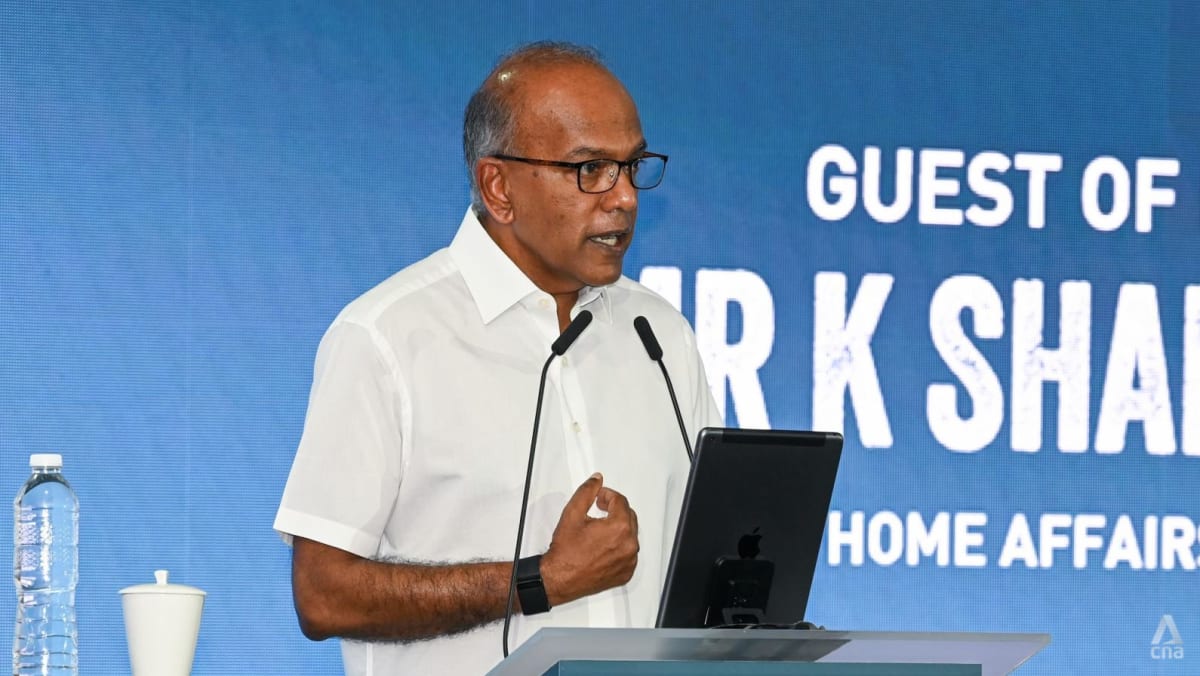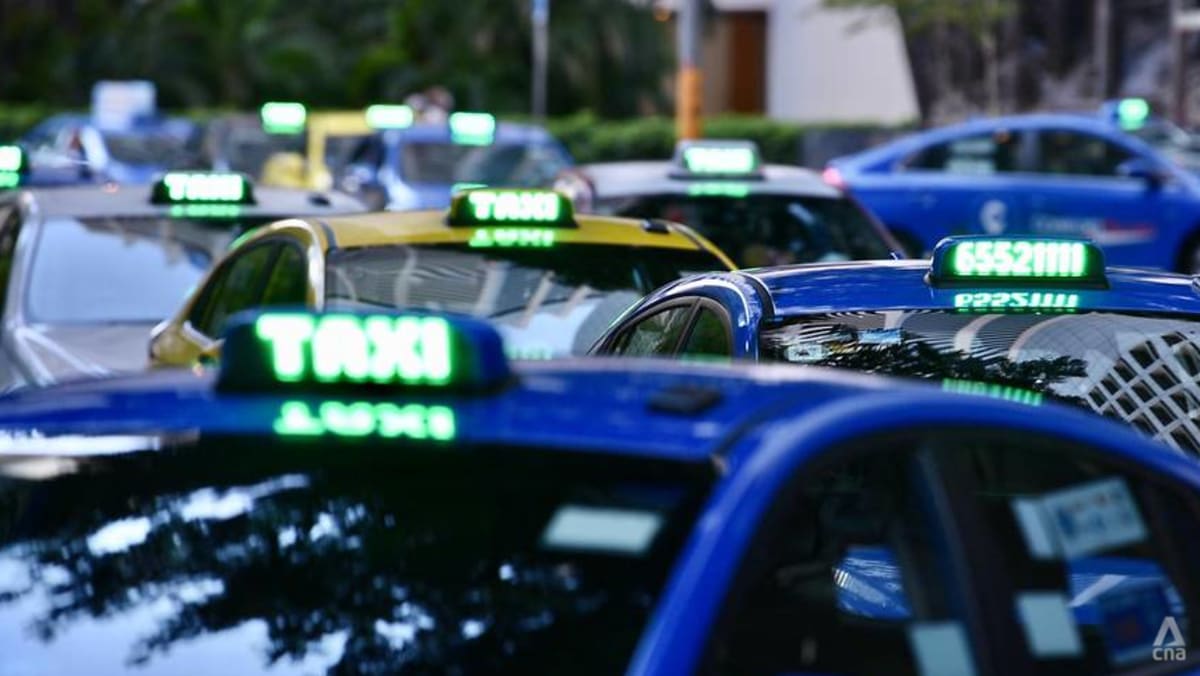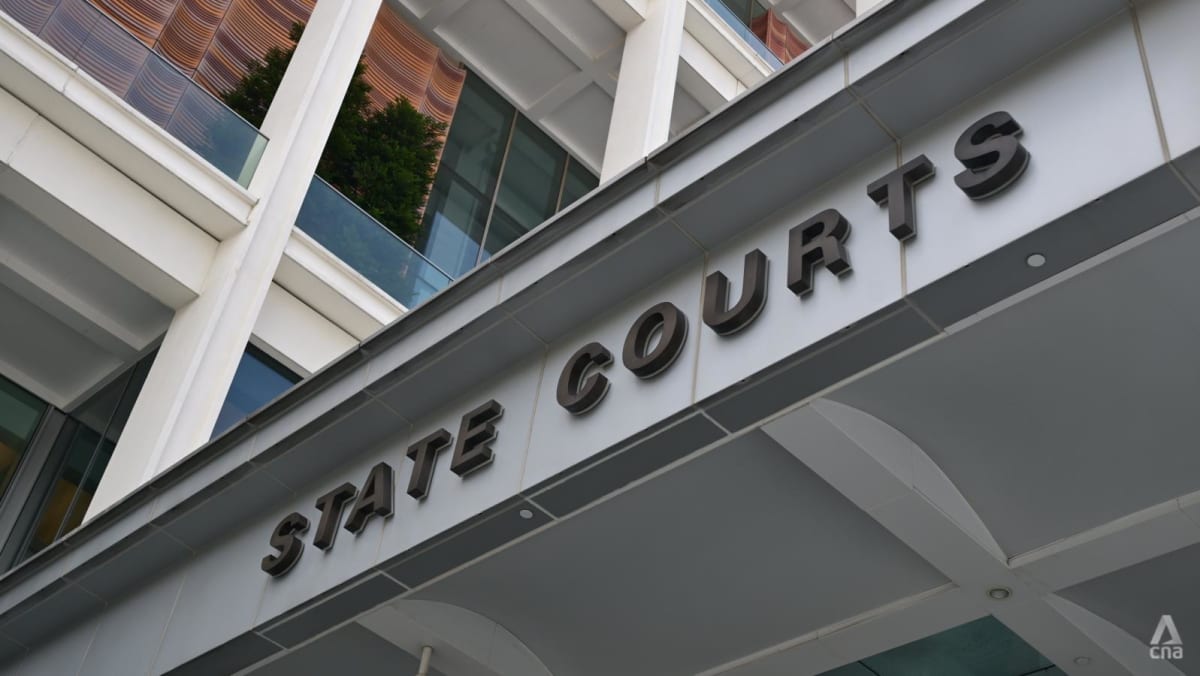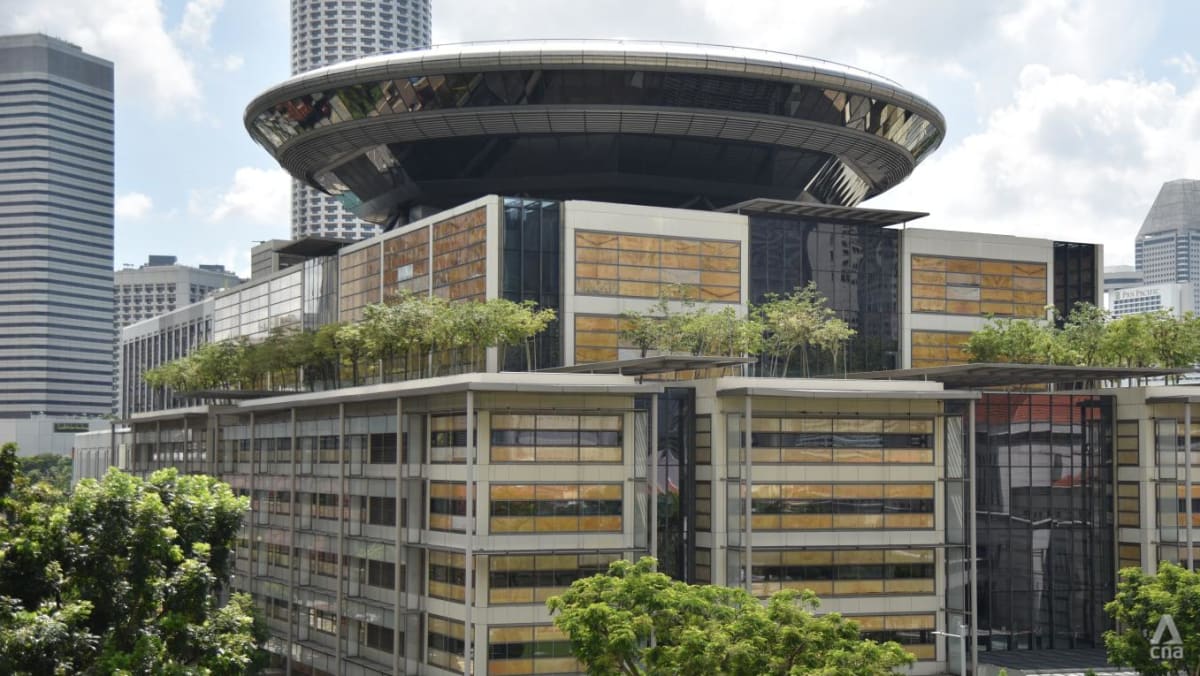SINGAPORE: Law and Home Affairs Minister K Shanmugam said on Sunday (Jan 19) that personal feelings are “set aside” to protect the majority of people in Singapore when it comes to the death penalty.
Mr Shanmugam was responding to a Wall Street Journal (WSJ) article in December last year about US President Joe Biden commuting the death sentences of 37 inmates before stepping down from his role on Jan 20.
The US newspaper’s commentary, Biden’s Prisoners of (His) Conscience, highlighted some of the convicts whom Mr Biden has pardoned, such as Jorge Avila-Torrez, who sexually assaulted and murdered women, and Anthony Battle, who killed his wife and a prison officer.
“President Biden referred to his personal conscience, for doing this,” said Mr Shanmugam in a Facebook post.
He added that WSJ had also pointed out that in contrast, there were others whose death sentences Mr Biden had not commuted.
This included the gunman who murdered Jewish congregants at a synagogue in Pittsburgh, and the person who shot and killed African-American worshippers at a church in Charleston.
“WSJ made the point about Biden’s personal conscience overriding the law: The prisoners who were pardoned by him had gone through trials, appeals, and were found guilty – beyond reasonable doubt”, said Mr Shanmugam.
“And at the same time the inconsistency in President Biden’s actions in allowing the death sentences to stand for some other cases: The killers in the synagogue and the church were not pardoned. Why was it ok to pardon some cold-blooded killers, while no pardon was given to other cold-blooded killers?”
“I am often asked about my position on the death penalty. For me, the public interest of Singapore is the primary consideration: What is in the best interests of Singaporeans as a whole?” Mr Shanmugam said.
“One’s personal beliefs can and will inform one’s views on policy, but in the end, you have to do what is right by society, for the benefit of the community as a whole, regardless of your personal beliefs; to do otherwise would be wrong.”
While removing the death penalty will save the drug traffickers’ lives, Mr Shanmugam said it will “encourage more people” to traffic drugs into Singapore and the drug supply will “undoubtedly rise”.
“And there will be consequences: More serious crime, violence, drug-related deaths. Many more innocent people will die in Singapore, including more innocent young children.”
Mr Shanmugam gave the example of the European Union, where he said “half of all homicides and more than a quarter of illegal firearms seizures were linked to drug trafficking”.
“In the US, every 14 months, more Americans die from abusing fentanyl than from all of America’s wars combined since the Second World War, from Korea to Afghanistan,” he added.
In Singapore, the Central Narcotics Bureau now arrests about 3,000 drug abusers per year, far less than the 6,000 per year in the 1990s, Mr Shanmugam pointed out.
“All things being equal, this number should have gone up in the last 30 years: The supply of drugs in the region has exploded, our purchasing power has increased significantly, and the international environment is increasingly drug-tolerant. But instead, the number has halved,” he said.
Singapore’s tough approach “has saved thousands of lives: Many potential abusers, victims of crimes that come with drug abuse, and their families”, he added.
“Should the government remove the death penalty, when we completely believe that doing so would certainly lead to many more people dying – and thousands more lives (including children) harmed in some way, from drugs?,” said Mr Shanmugam.
“As policy makers, we set aside our personal feelings, and do what is necessary to protect the majority of people.
“And we cannot be at peace with ourselves, if we take a step which leads to many more innocent people dying in Singapore.”














